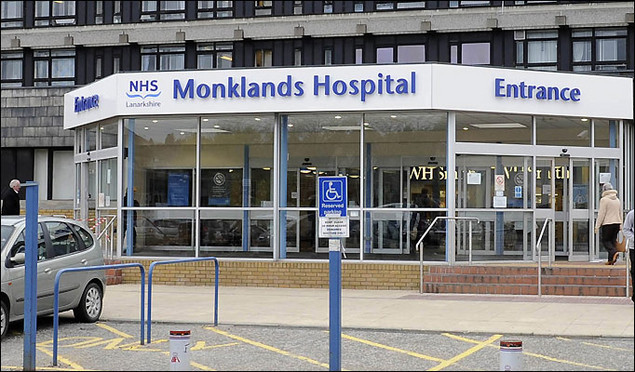New research from Scottish Labour has found that more than 100 days’ worth of out of hours sessions for general practice were not staffed in the last 3 months.
An out of hours session is a GP covering a period outside of the normal working hours of 9 to 6. These sessions tend to be 3-4 hours long and with longer sessions through the night.
Information uncovered by Dr Richard Simpson found that there had been 826 unfilled sessions in the last 3 months.
Taking each session at three hours, these 2,478 hours of unfilled sessions equates to 103 full days.
In NHS Lanarkshire, where out of hours services have been reduced from 5 to 2 centres, there were 209 unfilled sessions.
In Tayside where the centres in Perth & Angus are partly closed there were 275 unfilled sessions
The news comes after a summer which has revealed a crisis in Scottish general practice, which saw:
- Investment in General Practice having fallen by over £1 billion since 2005/06.
- Around 2 million patients in Scotland served by understaffed and under resourced practices
- For the first time Scotland having less GP’s per head than the North East of England
- Scottish domiciled medical students entry cut by 15% since 2008/09, reversing the trend of the previous Labour-led Scottish Government.
- More practices without GP partners and vacancies increasing for both partners and sessional doctors and now under direct Health Board control. More practices restricting new patient registration.
- One in five trainee GP posts vacant.
Central Scotland Scottish Labour MSP Siobhan McMahon said: “GP surgeries are the first port of call for families in Lanarkshire but the truth of the matter is that under this SNP Government we are facing the biggest crisis in general practice for a generation.
“Our research suggests that more than twenty days’ worth of GP sessions have not been filled in the last three months in Lanarkshire
“Under the SNP Government we have seen a drop in funding totalling over £1 billion, fewer medical students, fewer trainee vacancies being filled and now fewer out of hours sessions being staffed.
“This problem is only going to get worse in the next decade and SNP Ministers need to get to grips with it.
“Action now is vital because general practice in trouble will affect every part of our NHS, from missed waiting times for mental health to increasing pressure on A&E because people can’t see a local doctor. These figures reflect the situation in the middle of summer; if it is still this bad in winter we will begin to see real problems.
“Since the SNP came to power they have squeezed health spending in Scotland harder than the Tories in England and our communities are feeling the effects.”
GP Out of Hours FOI
Question 1) How many GP out of hours centres do/did you operate in (a) 2013/2014, (b)2014/2015 and (c) currently
Question 2) What is the normal number of GP sessions expected to cover the centre each week in (a) 2013/2014, (b)2014/2015 and (c) currently
Question 3) How many out of hours GP sessions have you been unable to fill in the last three months by centre
“Scottish GP surgery teams carrying out an estimated 24.2 million consultations each year — an 11% rise over ten years. At the same time, the share of NHS funding spent on general practice in Scotland has been falling year on year. The GP percentage has fallen from 9.8% in 2005/06 to a record low of 7.8% in 2012/13. This drop has led to a real terms cumulative loss of investment of £1.1 billion into Scottish general practice compared to a scenario where funding had remained at 9.8%.”Research from the Royal College of General Practitioners has shown that investment in GP services has fallen by a cumulative total of over £1 billion since 2005/6, with demand rising by over 10% during the same time period.
Source: http://bit.ly/1ew9qyb








